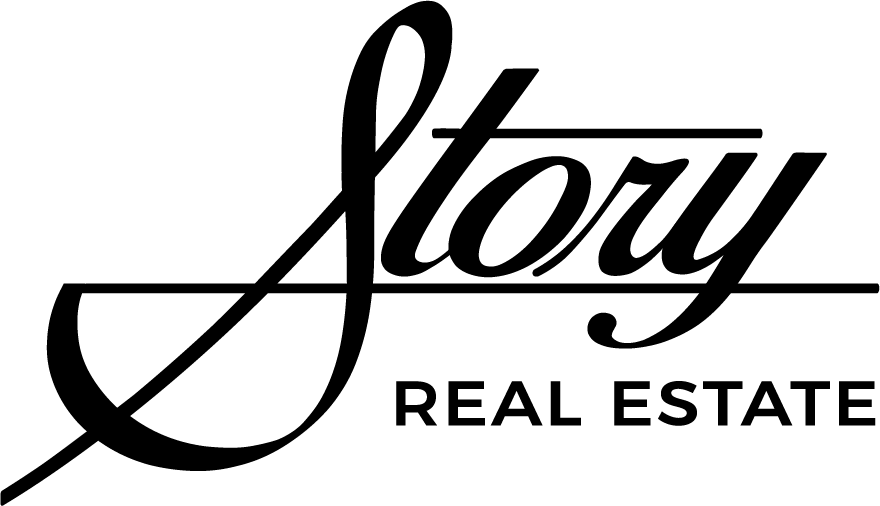Home Buying
Lorem ipsum dolor sit amet, consectetur adipiscing elit. Ut elit tellus, luctus nec ullamcorper mattis, pulvinar dapibus leo.
When you know what you can afford, you can focus your home search and make your move more quickly when you find the property you want. Consulting with a mortgage lender about your financing options ensures you are making a wise decision for your purchase.
- Home Buying Strategy Session: Meet with our team of award winning Buyer’s Specialists to learn all the ins and outs of our local market. Our team of Buyer Specialists will advise you as you research the market, explore financing options, and help connect you with a great lender to get your pre-approval. Hiring your own real estate agent, one who is working for you, the buyer, not the seller ensures you will be represented first and foremost.
- Pre-Approval: Knowing how much you can afford is crucial for shopping in the right price range. After arranging a meeting with an experienced local mortgage lender and talking through your financial picture, the lender will issue your Pre-Approval. A Pre-Approval will strengthen your confidence when going after that perfect home. The buyer applies for a mortgage and receives a commitment in writing from a lender. This way, the seller knows immediately that you are a serious buyer for that property. Costs for pre-approval are generally nominal and lenders will usually permit you to pay them when you close your loan.
- List of Needs & Wants: Make 2 lists. The first should include items you must have (i.e., the number of bedrooms you need for the size of your family, a one-story house if accessibility is a factor, etc.). The second list is your wishes, things you would like to have (extra bedrooms, fenced yard, etc.) but that are not absolutely necessary. Realistically for first-time buyers, you probably will not get everything on your wish list, but it will keep you on track for what you are looking for.
- Focus & Organization: In a convenient location, keep handy the items that will assist you in maximizing your home search efforts. Such items may include:
- One or more detailed maps with your areas of interest highlighted
- A file of the properties that your agent has shown to you for taking notes as you search.
- Instant or video camera to help refresh your memory on individual properties, especially if you are attending a series of showings.
- Remember the golden rule of real estate – Location, location, location: Many things about a home you can change, but the location is permanent! Look at a potential property as if you are the seller. Would a prospective buyer find it attractive based on where it’s located? Consider the school district, crime rate, proximity to positive (parks, shopping, trails) and negative (abandoned properties, source of noise) features of the area?
- Visualize the house empty & with your decor: Are the rooms laid out to fit your needs? Is there enough light? Often, buyers can find a great deal if they are willing to look past the current personal clutter or design choices of the seller. Look for good bones and potential!
- Be Objective: Instead of thinking with your heart when you find a home, think with your head. Does this home really meet your needs? There are many houses on the market, so don’t make a hurried decision that you may regret later.
- Be Thorough: A few extra dollars well spent now may save you big expenses in the long run. Don’t forget such essentials as:
- Include inspection & mortgage contingencies in your written offer.
- Have the property inspected by a professional inspector. If you are purchasing a property on acreage, additional inspections like septic or well testing are also recommended by our agents.
- Request a second walk-through to take place within 24 hours of closing.
- You want to check to see that no changes have been made that were not agreed on (i.e., a nice chandelier that you assumed came with the sale having been replaced by a cheap ceiling light).
You’ve found your dream home, the seller has accepted your offer, your loan has been approved and you’re eager to move into your new home. But before you get the key, there’s one more step–the closing.
Also called the settlement, the closing is the process of passing ownership of property from seller to buyer. And it can be bewildering. As a buyer, you will sign what seems like endless piles of documents and will have to present a sizeable check for the down payment and various closing costs. It’s the fees associated with the closing that many times remains a mystery to many buyers who may simply hand over thousands of dollars without really knowing what they are paying for.
As a responsible buyer, you should be familiar with these costs that are both mortgage-related and government imposed. Although many of the fees may vary by locality, here are some common fees:
Appraisal Fee: This fee pays for the appraisal of the property. You may already have paid this fee at the beginning of your loan application process.
Credit Report Fee: This fee covers the cost of the credit report requested by the lender. This too may already have been paid when you applied for your loan.
Loan Origination Fee: This fee covers the lender’s loan-processing costs. The fee is typically one percent of the total mortgage.
Loan Discount: You will pay this one-time charge if you have chosen to pay points to lower your interest rate. Each point you purchase equals one percent of the total loan.
Title Insurance Fees: These fees generally include costs for the title search, title examination, title insurance, document preparation and other miscellaneous title fees.
PMI Premium: If you buy a home with a low down payment, a lender usually requires that you pay a fee for mortgage insurance. This fee protects the lender against loss due to foreclosure. Once a new owner has 20 percent equity in their home, however, he or she can normally apply to eliminate this insurance.
Prepaid Interest Fee: This fee covers the interest payment from the date you purchase the home to the date of your first mortgage payment. Generally, if you buy a home early in the month, the prepaid interest fee will be substantially higher than if you buy it towards the end of the month.
Escrow Accounts: In locations where escrow accounts are common, a mortgage lender will usually start an account that holds funds for future annual property taxes and home insurance.
Recording Fees: This expense is charged by most states for recording the purchase documents and transferring ownership of the property.
Make sure you consult a real estate professional in your area to find out which fees–and how much–you will be expected to pay during the closing of your prospective home. Keep in mind that you may be able to negotiate these costs with the Seller during the offering stage. In some instances, the Seller might even agree to pay all of the settlement costs.



